The Key to Thriving: Creating a Sustainable Self-Care Routine
We live in an increasingly busy world where self-care often falls by the wayside. Yet taking time for self-care is vital for both our mental and physical health. As life and health coach Rachel Letham said in a recent webinar, "Self care is not an indulgence. It is a necessity to keep us at that grounded level."
So what does it really mean to practice self-care? And how can we make self-care a consistent habit when life feels so hectic?
Defining Self-Care
Self-care is ultimately about taking care of your health and wellbeing through intentional actions. As Rachel describes, it's "the practice of taking an active role in protecting our own well being and happiness, particularly during periods of stress."
Common self-care activities like bubble baths and yoga can be wonderful treats. But a sustainable self-care routine extends beyond the spa day. It's built through small yet powerful daily practices that nourish us physically and mentally.
The 7 Pillars of Self-Care
Self-care may look different for each person. But the International Self-Care Foundation identifies seven core pillars for overall health:
Knowledge and health literacy
Mental wellbeing
Physical activity
Healthy eating
Risk avoidance
Good hygiene
Responsible use of medical products and services
As Rachel suggests, don't feel that you need to tackle every pillar. Focus on the areas that feel most nourishing or relevant for your lifestyle and needs.
Start with the Basics
When life feels extra demanding, return to self-care basics before adding new practices:
Get grounded through your five senses. Take a few minutes to actively notice sights, sounds, textures, scents, and tastes in your environment. This sensory awareness gets you out of constant "doing" mode.
Breathe deeply. Deep 4-7-8 breathing (inhale for 4 counts, hold for 7, exhale for 8) triggers a relaxation response and clears your mind.
Identify your own "energy leaks." Make a list of unfinished tasks draining your bandwidth, like home repairs or administrative work. Systematically tackle them one by one.
Make sure basic needs are met, including proper nutrition, hydration, sleep, movement, belonging and self-expression. As Rachel suggests, halt when overwhelmed and ask if you're hungry, angry, lonely or tired. Adjust what you can.
Choose Practices That Nourish You
Not sure where to start? Consider what nourishes you mentally and physically. For example:
Mental Self-Care
Starting a gratitude journal
Scheduling relaxing activities like reading or puzzles
Calling a friend once a week
Physical Self-Care
Establishing an exercise routine that works for you
Preparing nutritious meals and snacks
Getting out into nature
Set Yourself Up for Success
Transforming self-care from occasional treat into consistent habit requires some planning:
Start small. Add one tiny self-care habit at a time through "habit stacking." For instance, Rachel stacked 20 daily squats onto her existing habit of boiling water for coffee.
Use checklists to help ingrain new self-care routines. Track habits over time and celebrate when you show up for yourself.
Schedule self-care appointments and protect that time. Inform others about the appointments so they respect the boundaries.
Get an accountability buddy to share goals and progress. Social support helps cement new patterns.
Adapt practices as needed. Recharge needs change across seasons and personal circumstances. Review what works regularly.
Showing Up for Yourself
At the end of the day, sustainable self-care comes down to one key practice: showing up for yourself.
Much like you'd methodically prepare for a long trip, take time to regularly check-in about what you need in each moment and season. Tend to the small tasks that help you feel grounded and whole.
The more you purposefully planted in self-care practices, the more gracefully you'll weather life's storms - and the more fruitful results (creativity, connection, etc.) you'll cultivate.
This all takes gentleness, patience and perseverance. But the rewards - for both yourself and others - are well worth it.
As Rachel suggests, "The more solid and well rooted your tree is in the ground, the more easily your tree can grow, can spread its branches, it can help others to shelter from the storm."
Want to be more inspired to set great goals for 2024 AND achieve them. Subscribe to my Voyage to Victory newsletter and join me in a journey to goal achievement
